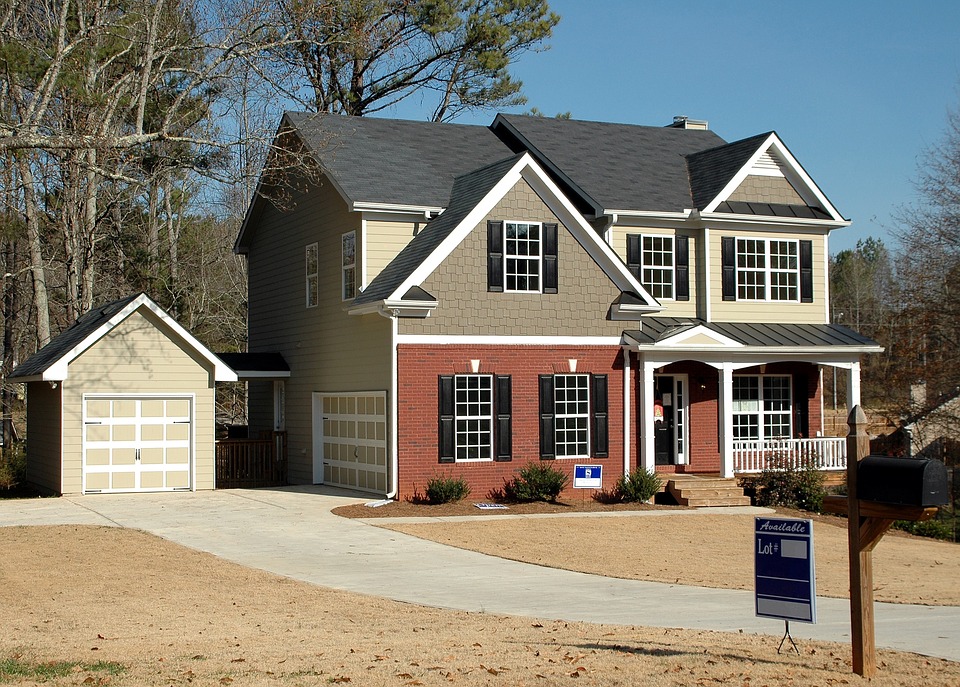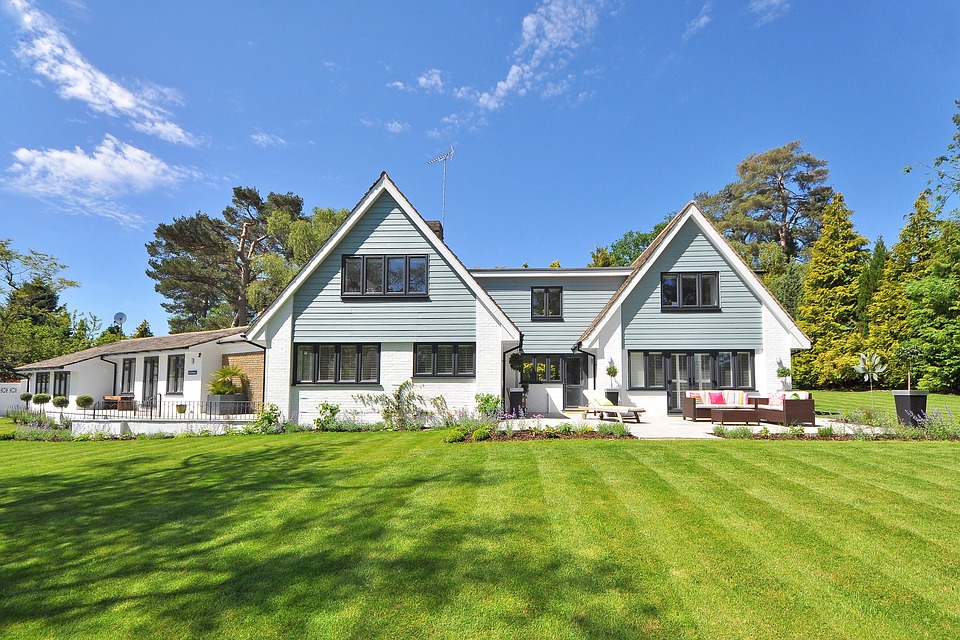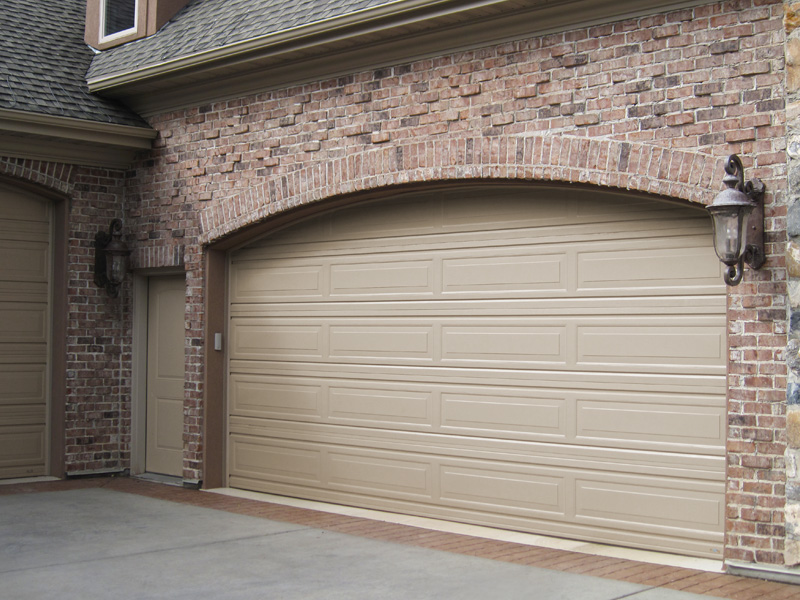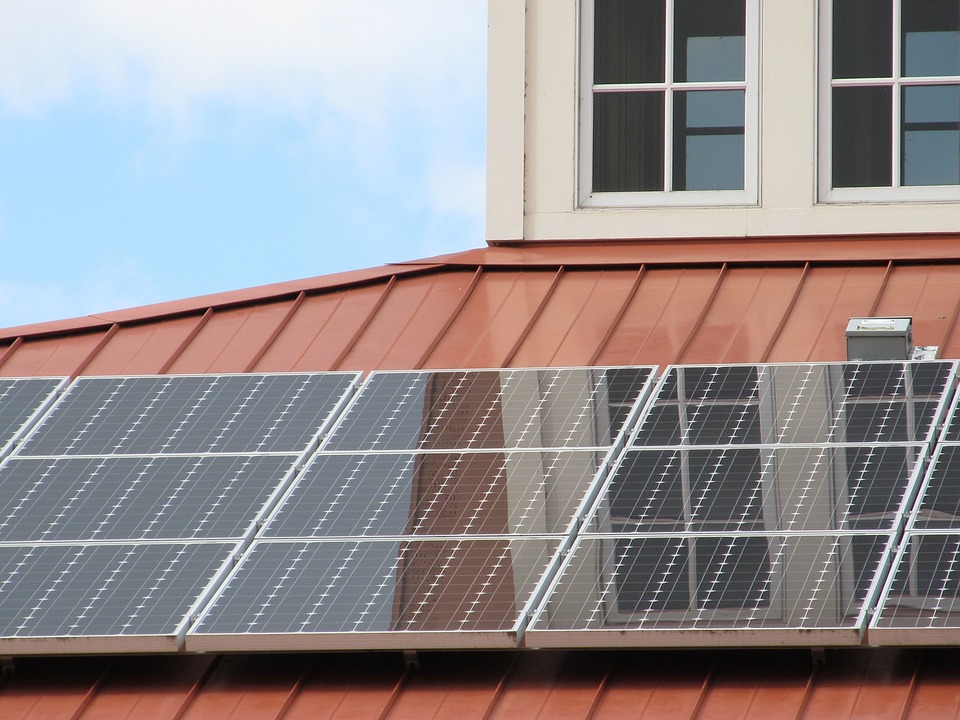
It is common for a lender to require a home inspection before approving the financing for a home purchase. As part of the final report, a certified inspector will recommend repairs or changes that need to be made before closing the deal. But those reports lack the kind of detail you need for peace of mind. There are certain types of comprehensive inspections you should have done by experts before you finalize a home purchase.
PLUMBING
ROOF
ELECTRICAL SYSTEM
FOUNDATION
DON’T FORGET THE AMENITIES
If you want to get professional guidance when you are ready to buy your next home, call Cityscape Brokers. We will take the time to make sure that your next home is exactly what you want, and we can help you get the inspections you need for peace of mind.





